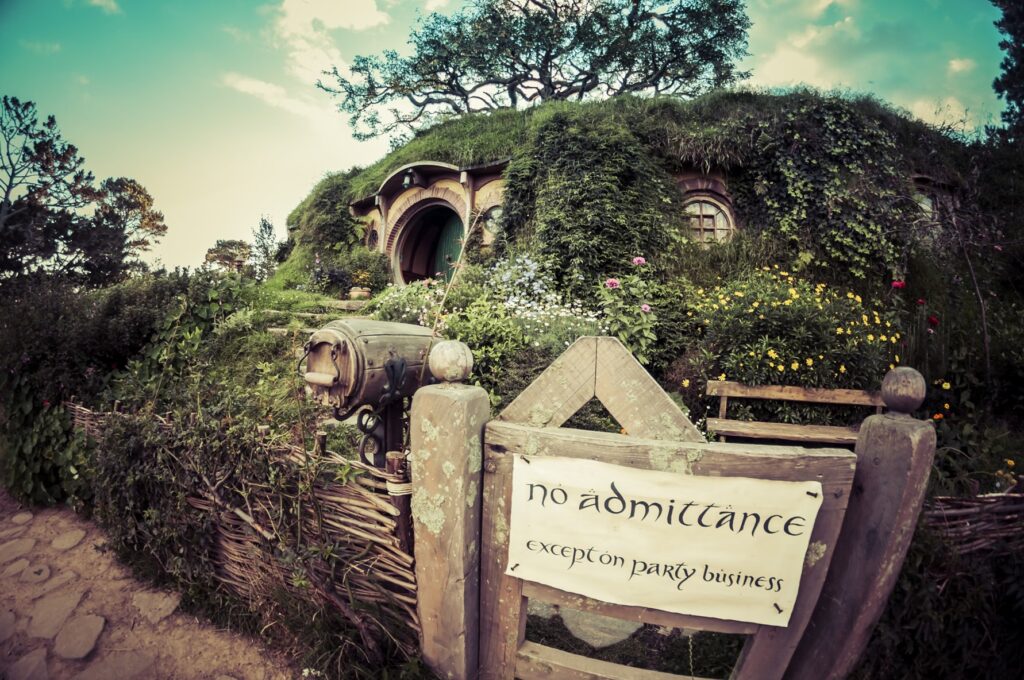
Hi everyone, happy Spring in the Northern Hemisphere. This post may be short and incoherent, because I’m supposed to be wrapping up the manuscript of my book and sending it to my editor at Wiley. Due to the collapse of democracy and the rise of fascism, it must be changed a bit, including the title, which right now stands at “Burn It All Down and Rise from the Ashes: A Guide for Transforming the Nonprofit and Philanthropy Sector into a Badass Phoenix of Equity and Justice!” But I’m sure the publisher will demand a more boring and “marketable” title.
A few weeks ago, as the federal government launched the first phase of its war on DEI and on the nonprofit sector, I was on LinkedIn perusing the comments while eating a container of Ben and Jerry’s “Cherry Garcia” non-dairy ice cream, when one of those annoying AI questions popped up, where apparently, I was one of the experts invited to answer a question. The question was “You’re seeking to engage new major donors. How can you tailor your fundraising strategy to their preferences?”
72 answers were given by various fundraising experts, most of them advising nonprofits to cater to donors by doing things like:
- “personalize outreach with stories and opportunities to align with their passions,”
- “research their philanthropic interests and past giving patterns” so you can adjust your interactions, and
- “invite them to private events or behind-the-scenes tours to show how your cause aligns with their values.”
Only one person pushed back against the idea that nonprofits should “tailor” their strategies for donors or funders.
Continue reading →




